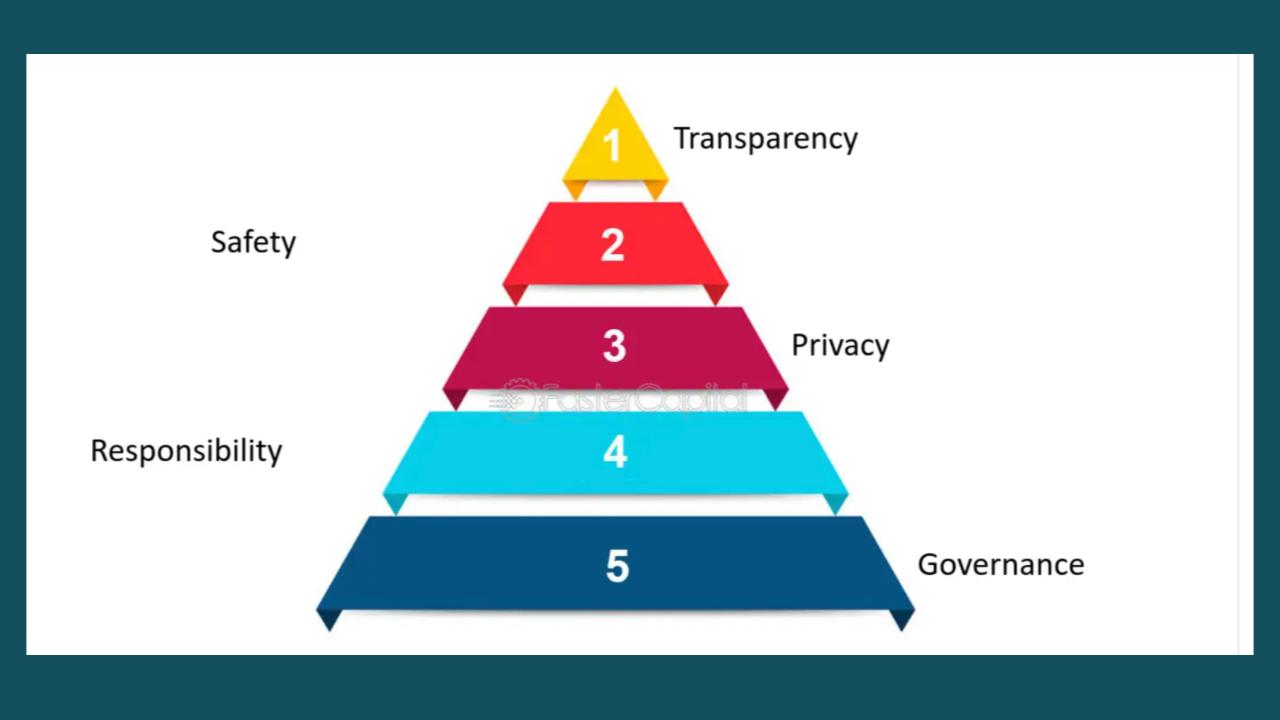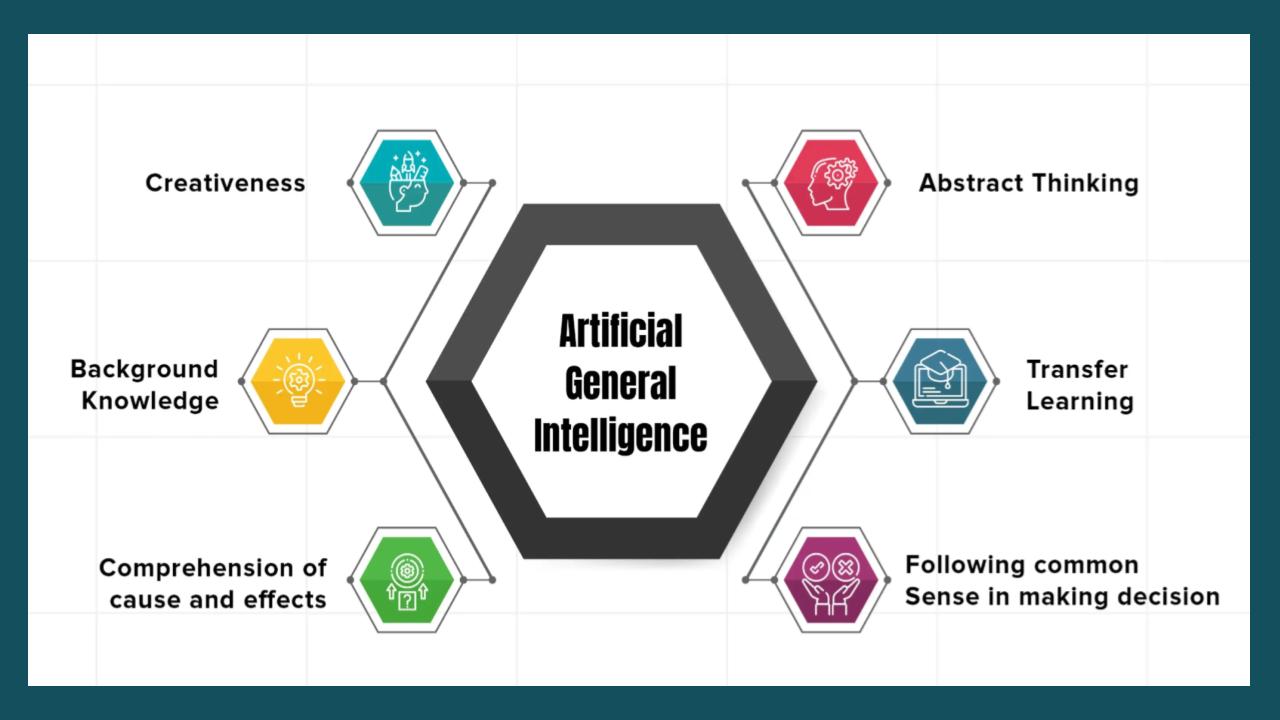https://www.youtube.com/watch?v=Av3IXd4Yak0
UN Secretary-General Antonio Guterres addresses the profound impact of Artificial Intelligence (AI) on global peace and security. Highlighting the rapid advancements of AI, Guterres emphasizes both its potential and the significant risks it poses. AI is revolutionizing various sectors, from detecting food insecurity and predicting displacement due to climate change, to even identifying patterns of unrest before violence erupts.
However, Guterres warns that the rapid development of AI is outpacing our ability to govern it, leading to serious concerns about accountability, human rights, and the future of international security. The Secretary-General stresses that without human oversight, AI could destabilize global peace, particularly in military applications and cyberattacks. He specifically calls attention to the integration of AI with nuclear weapons, a development he deems alarmingly dangerous.
Further, Guterres highlights the increasing challenges posed by AI in the form of misinformation, deep fakes, and the environmental impact of AI data centers.
#etribune #latestnews #internationalnews #news #un #ai #military #peace







